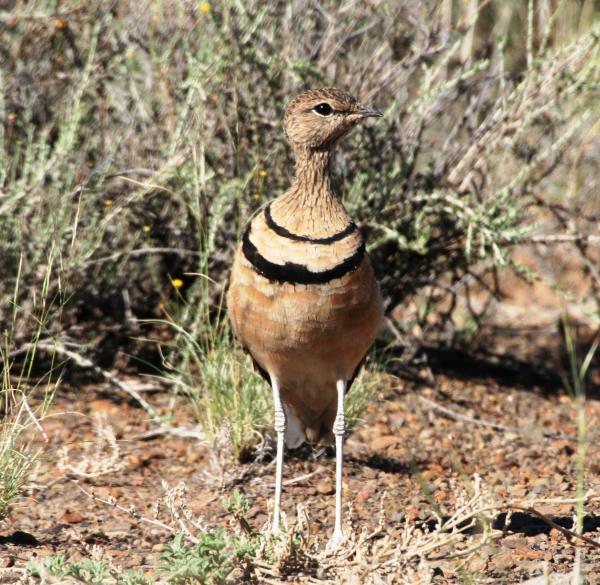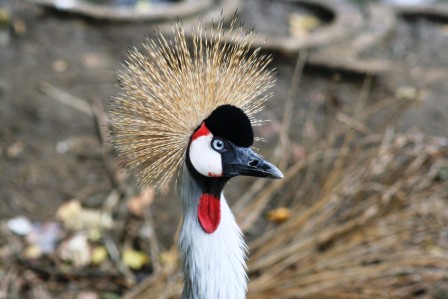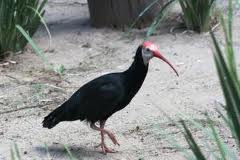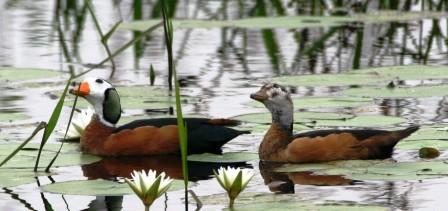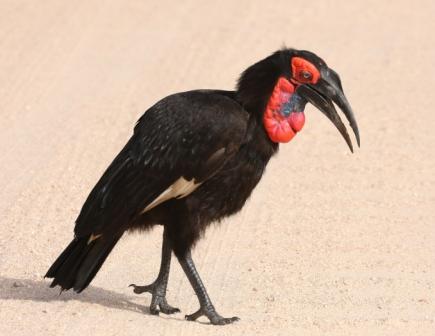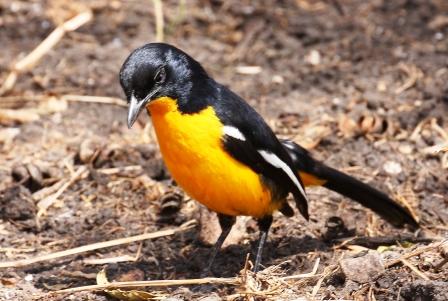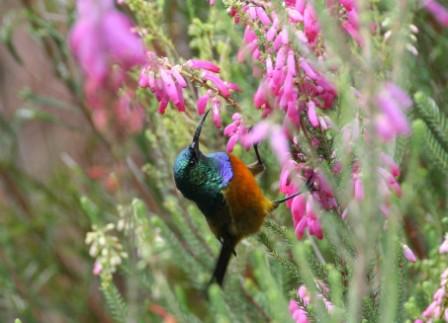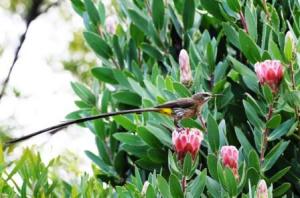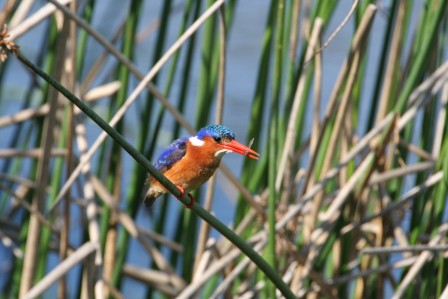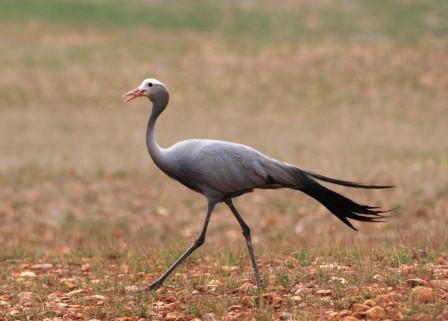|
|
JOIN OUR MAILING LIST |
|
Newsletter / Blog 2011-07-06 Illegal killing and trapping of birds throughout Europe. BirdLife Partners from 38 European countries have gathered information about the illegal killing and trapping of birds that occur in their countries. The revealing results were presented at the European Conference on Illegal Killing of Birds in Larnaka, Cyprus. Illegal killing and trapping of birds is not restricted to the Mediterranean countries, contrary to what many people believed. Disgraceful as it is, one of the main conclusions of this report is that illegal killing of birds is a widespread practice that very few countries have managed to stop. In many cases birds are killed for economic reasons: because they are perceived by land users as a competitor for resources, or as a source of income through illegal trade. In other cases birds are persecuted as trophies, due to ignorance of the law or just for ‘fun’. Over 80 strictly protected bird species were reported as victims of deliberate wildlife crime. “Birds are shot, trapped, caught with nets, glued to lime-sticks or even soaked with lethal poisons to lure and kill other birds… The creativity of those who break the law to kill a bird is appalling!” says Boris Barov, European Conservation Manager at BirdLife Europe, who presented the report, “Deliberate killing of birds which are protected, at the wrong places or during the closed season is unacceptable to conservationists and to responsible hunters alike. We expect the authorities and citizens to apply ‘zero tolerance’ to the offenders”. The fact that Cyprus hosts this Conference is an extremely important opportunity for the authorities on the island to demonstrate their willingness to tackle the serious but yet unresolved problem of illegal trapping and shooting of migratory birds that spoils the reputation of the entire Mediterranean region. More than 30 years since the adoption of European legislation aimed at eradicating persecution of wild birds the situation is far from resolved. The report takes stock of a shocking variety of illegal means and motivations behind these offences. Poisoning is among the most worrying as it is indiscriminate, thus equally dangerous for wildlife and for people. “The use of poison is on the increase in many countries with the explicit purpose to kill predators and ‘protect’ economic interests. It is strictly against the law to use poisons for this purpose. It is not only dangerous to humans but also jeopardizes the most successful conservation efforts”, Boris Barov added. During the Conference in Larnaka, BirdLife made specific recommendations for governments and civil society. Solutions often require cultural sensitivity and understanding of the human dimensions but the full implementation of the law is the indispensable first step of this process. In addition, governments need to set up effective institutions as well as to guarantee the adequate funds to enable the police, customs and courts to apply the law. Governments and NGOs should team up to improve information collection about wildlife crime to develop a common grasp of the issue. Finally, European Union countries and their neighbours should work together to prevent wildlife crime to be exported. Instead, joint efforts should focus on its eradication. BirdLife expressed its willingness to work with all the relevant stakeholders to find the best solutions, and calls on the European hunting community (FACE) to seriously commit to resolve the problem of illegal killing. Notes (1) According to BirdLife report, the most urgent problems that should be addressed by the European Conference are:
For example for the last 10 years the Spanish government reported that at least 2,355 Red and Black Kites, 2,146 Griffon Vultures, 638 Black Vultures, 348 Egyptian Vultures (globally threatened!), 114 Spanish Imperial Eagles (globally threatened!), 40 Bearded Vultures, 7 brown bears and 858 specimens of other species have been poisoned.
Trade affects many species but the principle purposes behind it are numerous: for consumption as local delicacies in Italy, Cyprus, Spain and France; for collections of live caged birds, eggs or skins of rare species, which is widespread. Trapping of birds in Cyprus has reached a 10 year peak in 2010, and according to BirdLife Cyprus data an estimated 2.4 million birds are killed each year.
The EU Birds Directive was partly successful in reducing bird crime in the EU, but a worrying consequence has been the export of the problem to nearby countries, such as Bosnia & Herzegovina, Montenegro, Serbia and Albania, where priority of wildlife protection and the law enforcement capacity are much lower. A criminal industry worth 10 million Euros per year has been established there, according to BirdLife estimates. |
| Back | Back to top |
 |  | Cape Town Tourism 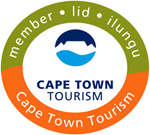 |
|||||||||||||

